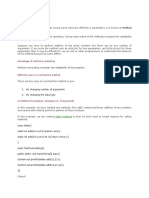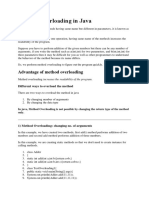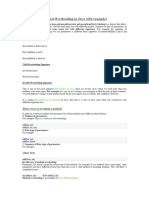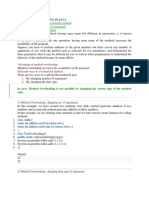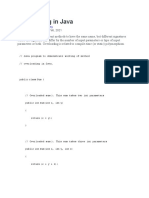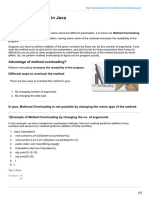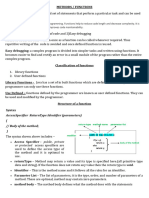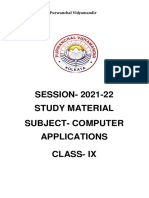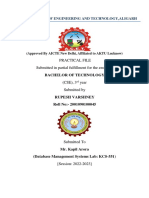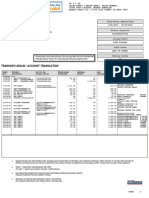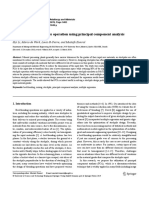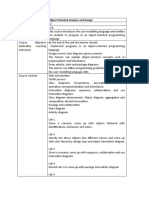0% found this document useful (0 votes)
9 views22 pagesMethods Overloading
Method Overloading allows a class to have multiple methods with the same name but different argument lists, which can differ in the number, data type, or sequence of parameters. It is important to note that changing the return type alone does not constitute valid overloading. Examples demonstrate various valid and invalid cases of method overloading, emphasizing that overloaded methods must have different parameter signatures.
Uploaded by
pyvbvaraprasadCopyright
© © All Rights Reserved
We take content rights seriously. If you suspect this is your content, claim it here.
Available Formats
Download as PDF, TXT or read online on Scribd
0% found this document useful (0 votes)
9 views22 pagesMethods Overloading
Method Overloading allows a class to have multiple methods with the same name but different argument lists, which can differ in the number, data type, or sequence of parameters. It is important to note that changing the return type alone does not constitute valid overloading. Examples demonstrate various valid and invalid cases of method overloading, emphasizing that overloaded methods must have different parameter signatures.
Uploaded by
pyvbvaraprasadCopyright
© © All Rights Reserved
We take content rights seriously. If you suspect this is your content, claim it here.
Available Formats
Download as PDF, TXT or read online on Scribd
/ 22



